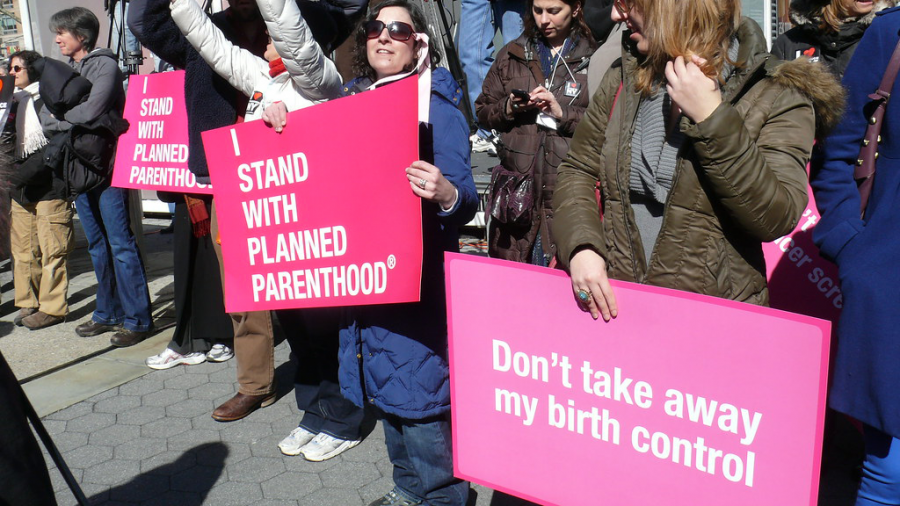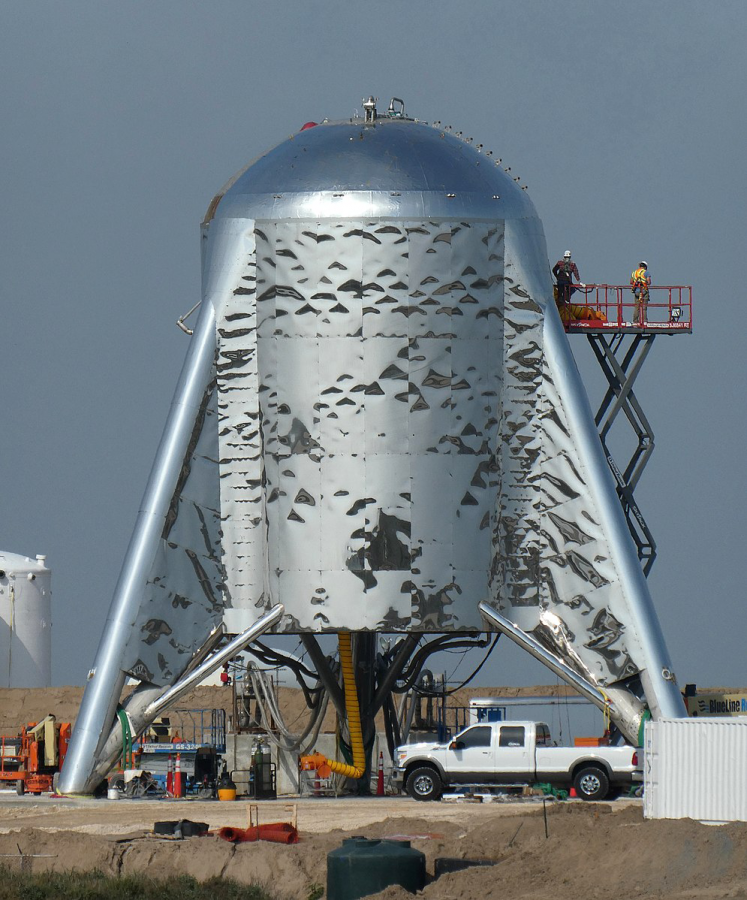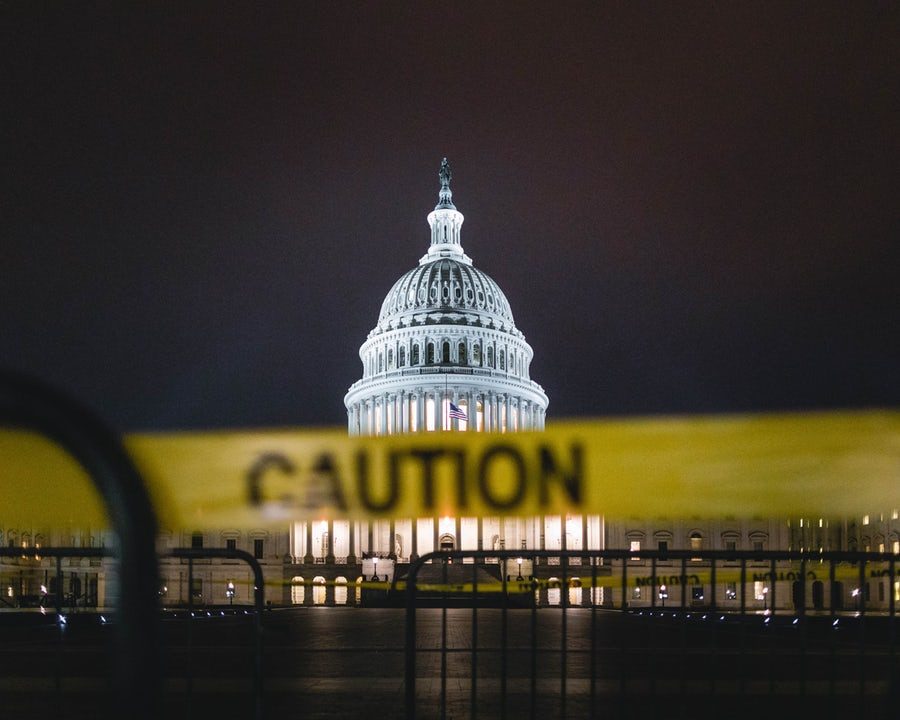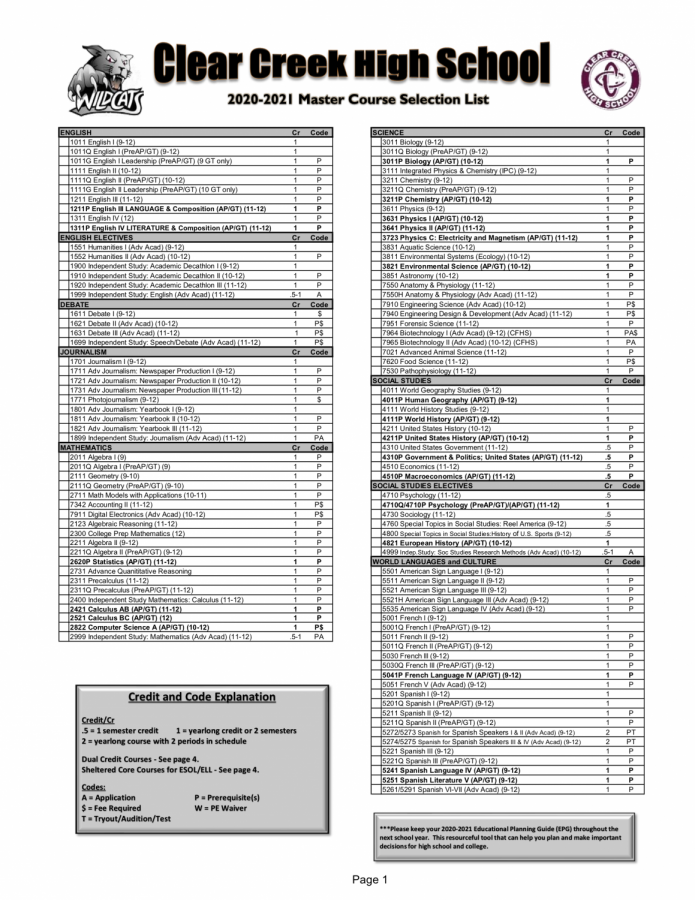Leah’s Lessons: The Ethics of Zoos
May 24, 2018
Thousands of people visit zoos every day and all we really see are the unique species that inhabit these zoos. What we don’t see are the shockingly designed enclosures and medical problems that these species suffer from. The question we should all be asking ourselves is, should we close our zoos?
It is a well-known misconception that all zoos aid in educating others about conservation. But in fact, most zoos are confining animals that are not endangered nor threatened. According to a study published in the journal PLOS One, only 18 percent of animals in zoos are threatened or endangered. It is also shown that in North American zoos less than five percent of their income is invested in conserving animals and those accredited by the Association of Zoos and Aquariums spend less than one percent of their revenues on conservation. Wouldn’t you say this is an alarming number considering the fact that many zoos pride themselves on being conservationists?
Many zoos breed animals with the intention of releasing them back into the wild. However, most do not survive on their own since they never had the opportunity to learn important skills such as hunting and gathering food. A study in the Journal of Applied Ecology concluded that unless animals in the wild are protected, captive breeding does not make a difference.
“Our research challenges the assumption that when a species is perilously close to extinction in the wild, it is always a good idea to set up a captive breeding population…Without conservation in the wild there is no point in captive breeding,” Dr. Paul Dolman, lead researcher for the Journal of Applied Ecology, said.
Animals learn important survival skills in the wild that they simply cannot be taught in a tiny enclosure. Captivity does not replicate these animals’ original habitats. In a zoo enclosure, these animals hardly get control over their own lives. They become depressed and frustrated and begin repetitive behaviors, all of which are symptoms of a condition known as zoochosis.
These small enclosures are now being seeing has “cute” displays to take their children to rather than promoting the respect and understanding these animals deserve. Zoos favor exotic and popular animals so they can get those “brownie points,” so to speak. It’s as if zoos have become a viewing room for the latest and greatest Oscar award winning films.
“It didn’t matter what was on display…people [were] treating the exhibits like wallpaper. Officials should stop kidding themselves about the tremendous educational value of showing an animal behind a glass wall,” a curator at the National Zoo, said.
Most people enjoy going to the zoo to see the cute and adorable baby elephants. But what many don’t realize, is that those “less than cute” adult animals are routinely traded, loaned, or sold to zoos that neglect their animals. Many zoos are hoping for the Endangered Species Act, which provides for the conservation of species that are endangered or threatened, to be weakened by the federal government in order for them to capture and import animals.
Many zoos however, are starting to close exhibits after recognizing that they could not adequately provide for the needs of their animals. Although this is a start, more zoos would need to start doing this in order to make a difference in these animals’ lives.
“With informative television programming, educational opportunities on the Internet, and the relative ease of international travel, learning about or viewing animals in their natural habitats can be as simple as a flick of a switch or a hike up a mountain. The idea of keeping animals confined behind cage bars is obsolete,” PETA, the animal awareness organization, said.
Zoos practically teach others that it’s acceptable to interfere in the lives of species and keep them locked away in poorly designed enclosures. Zoos have become a show and a way of entertainment for people. Ultimately, the only way endangered species can survive is if their own habitats are preserved, not taken away and replaced by an enclosure. Now ask yourself again, do you think we should close our zoos? Or, at least make them better
















